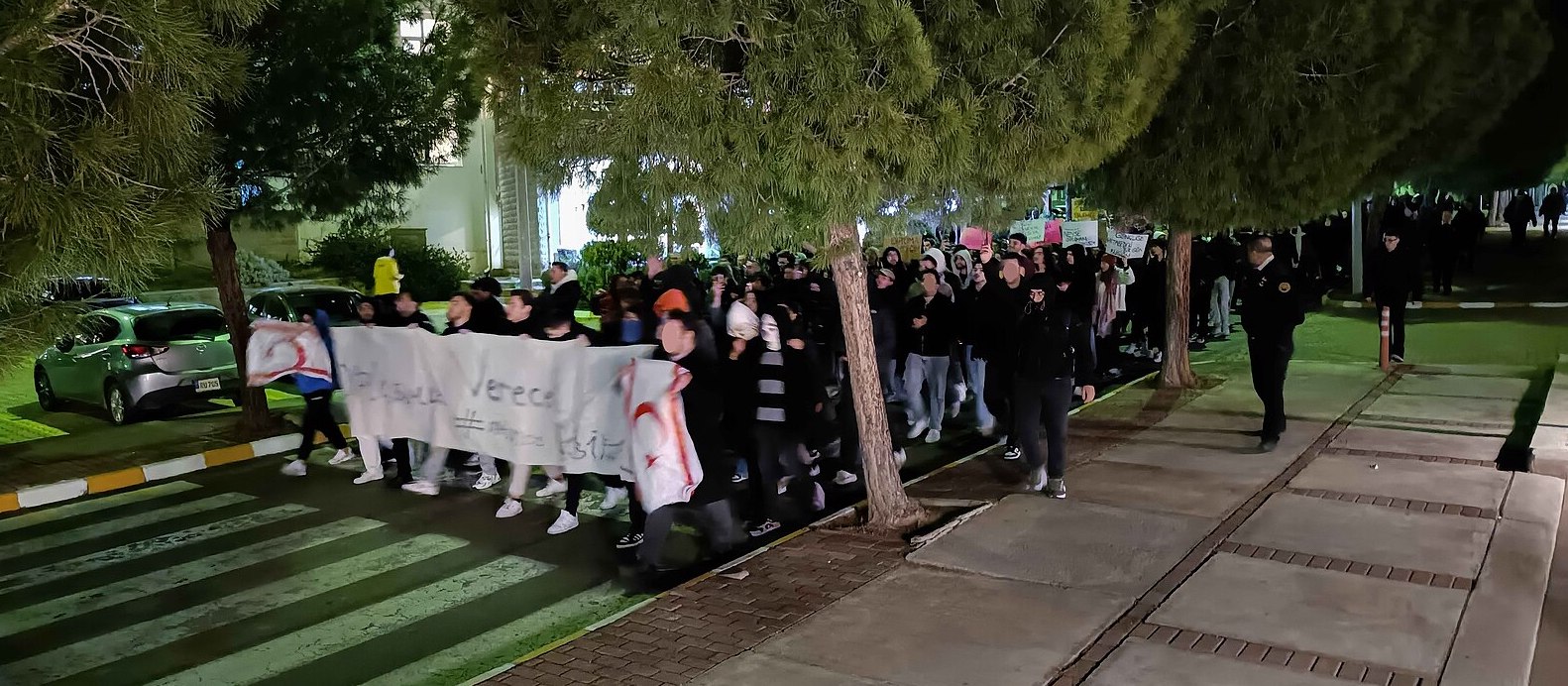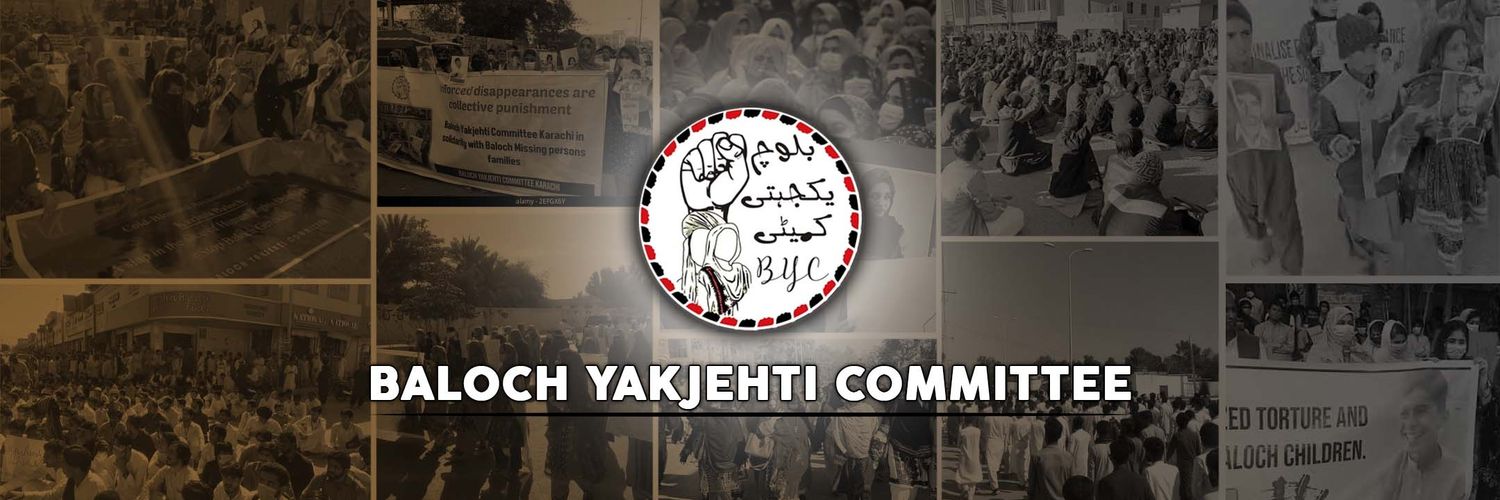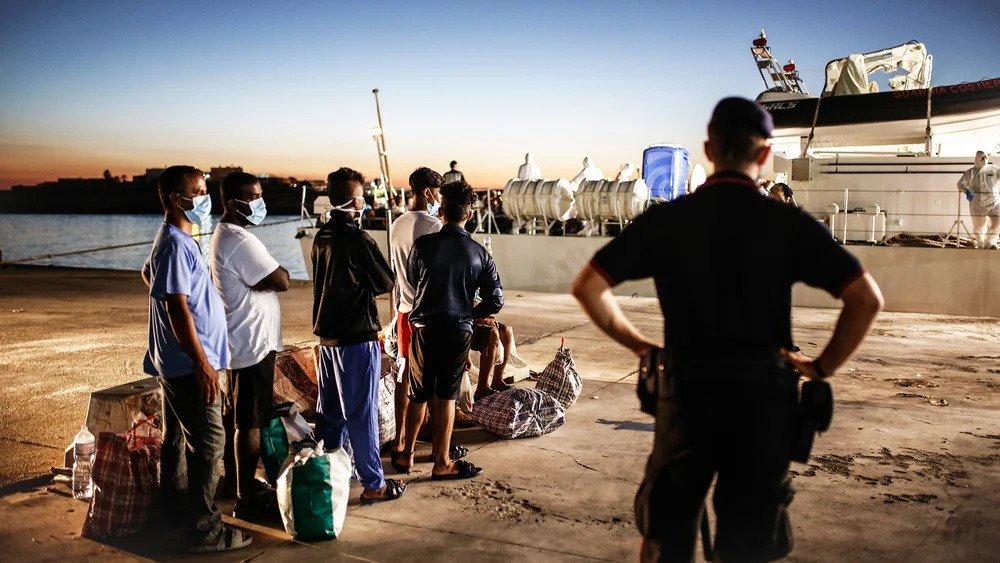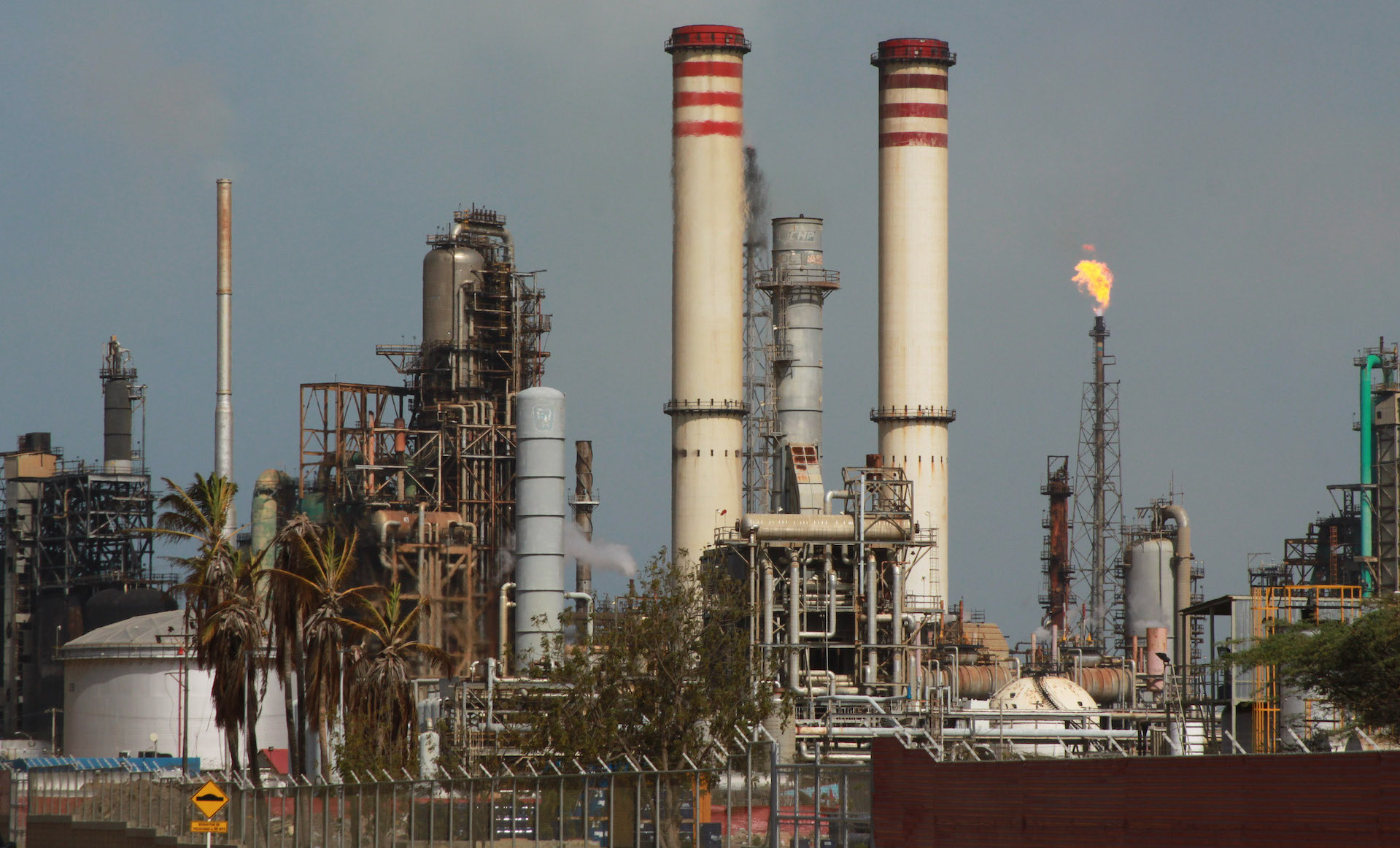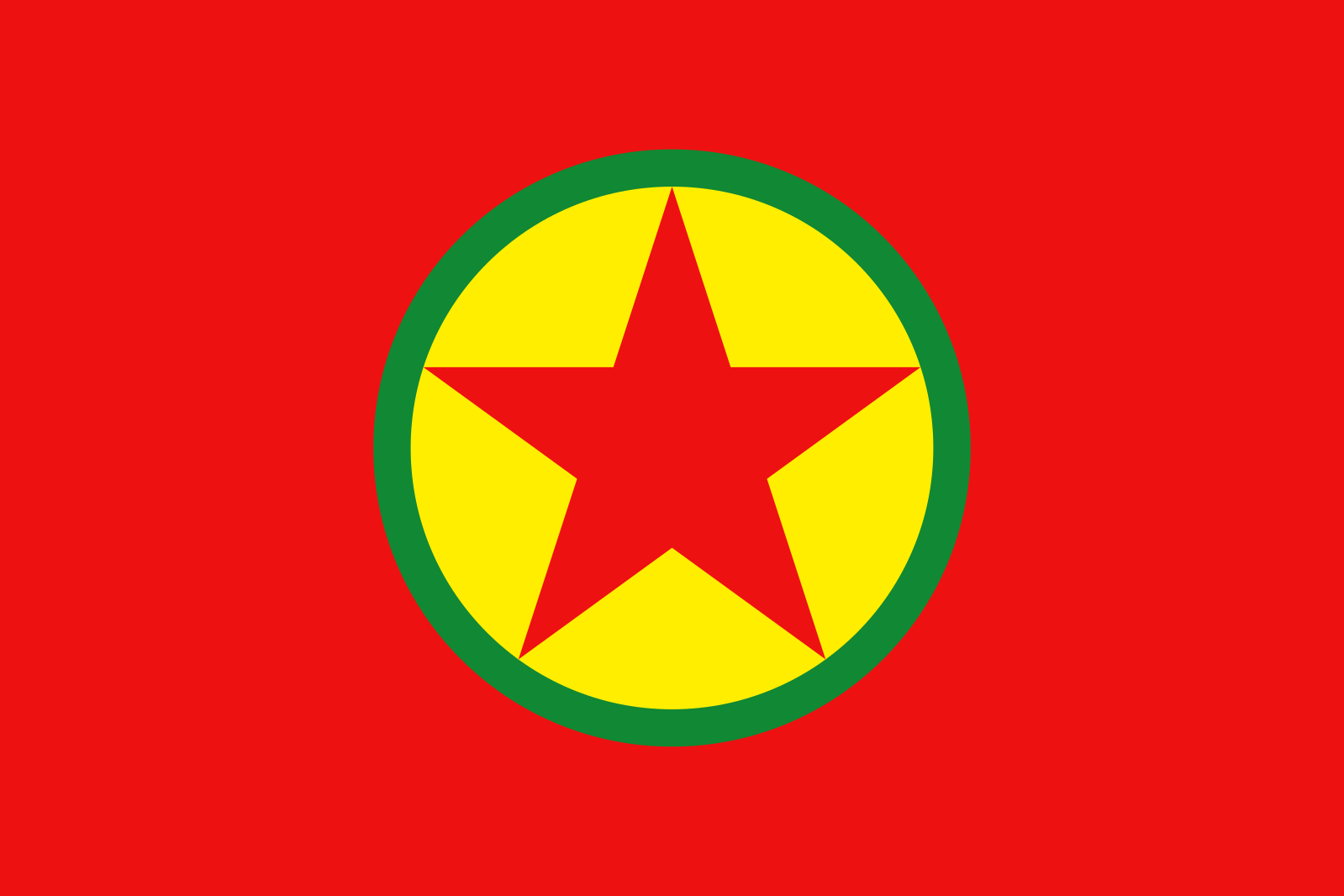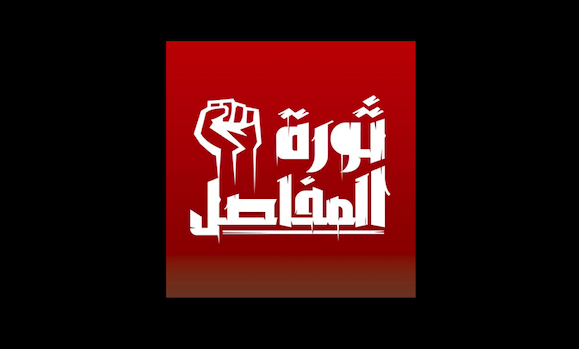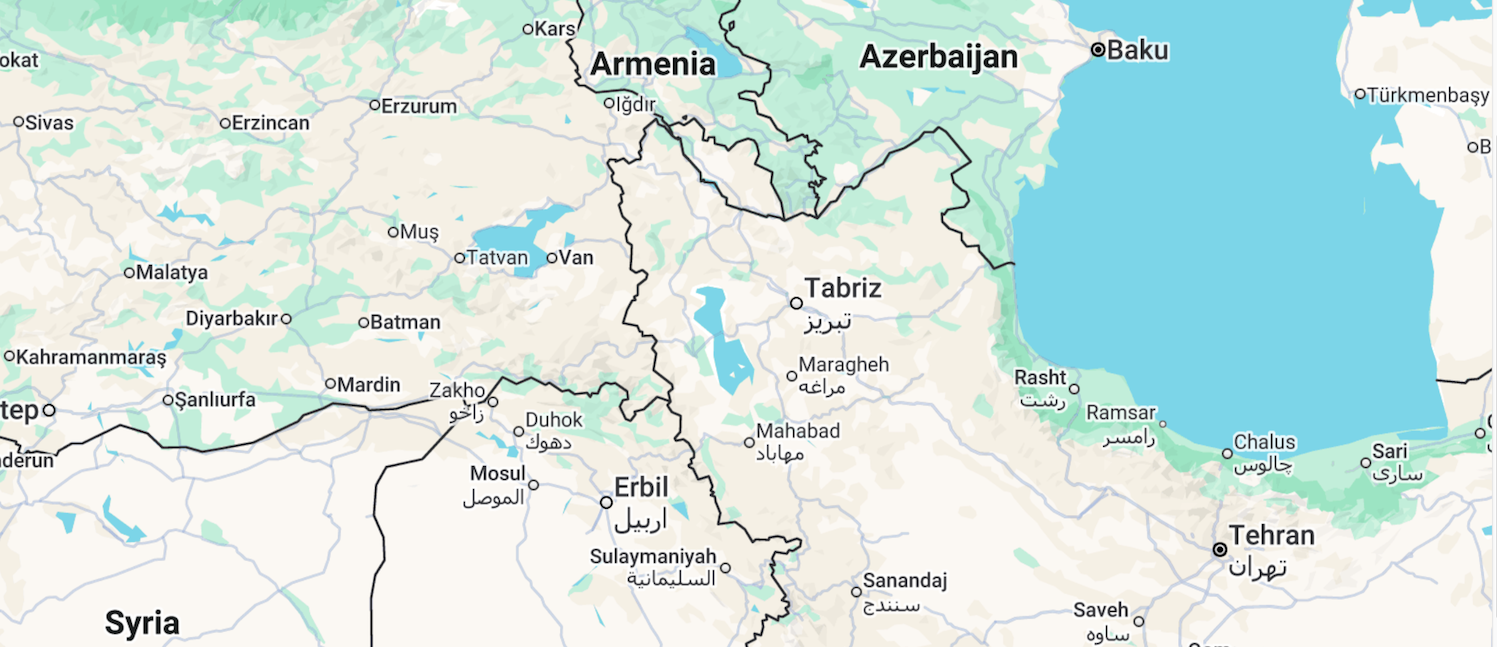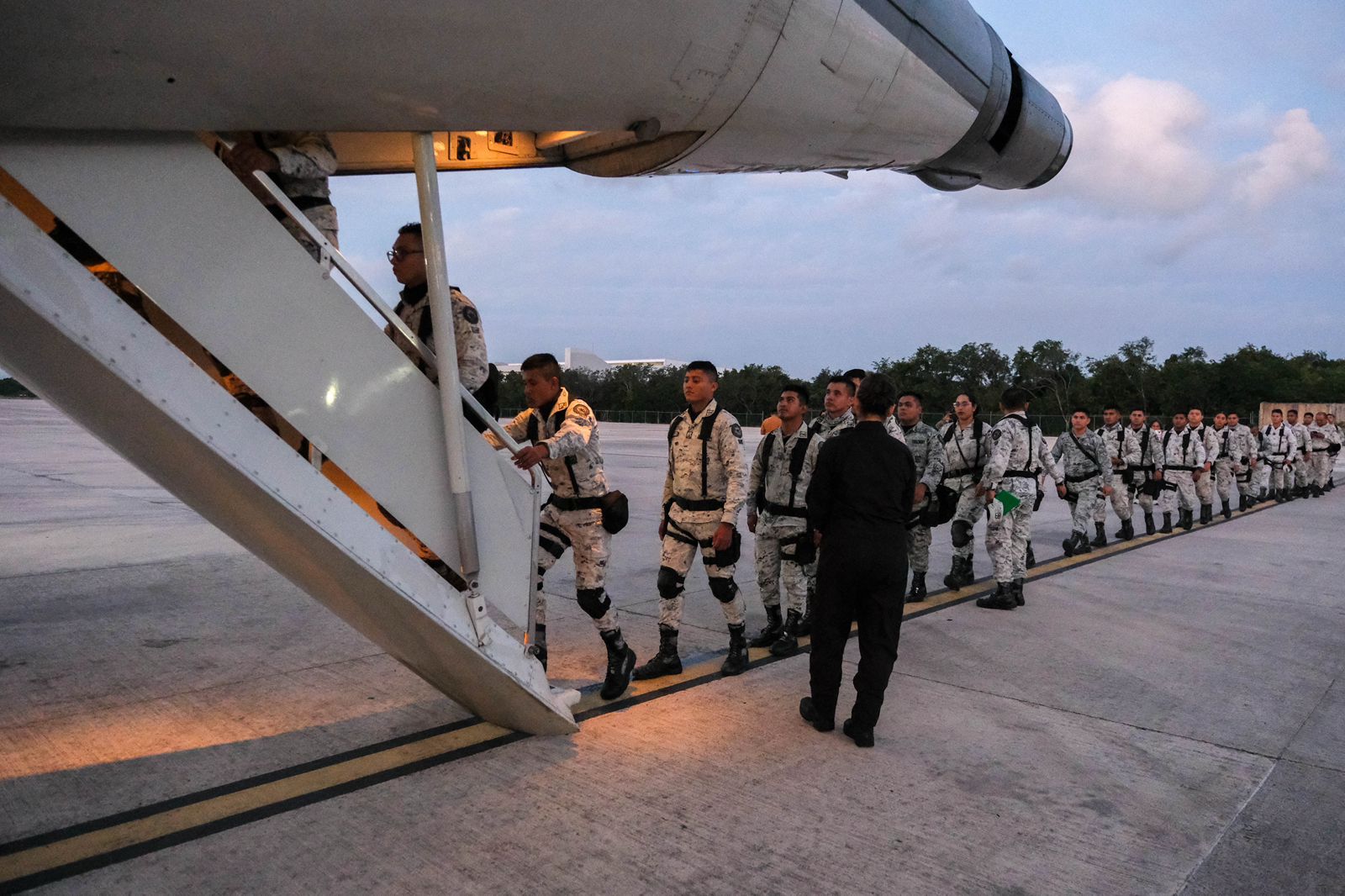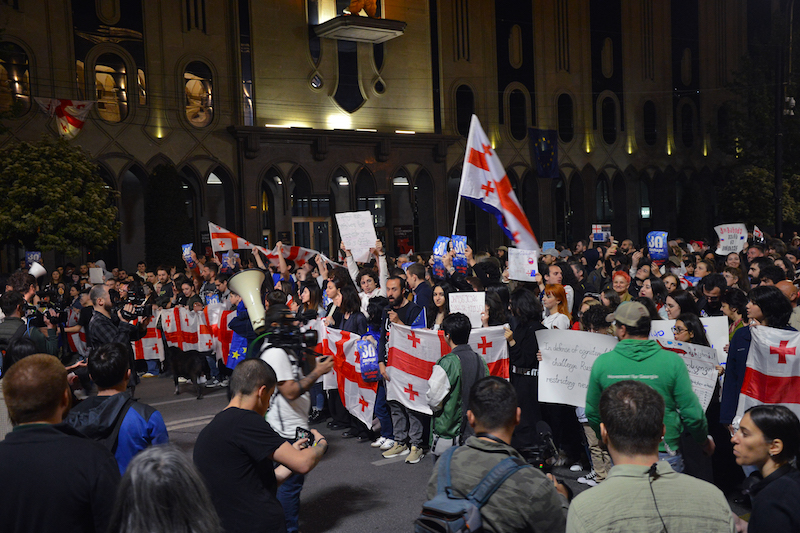
MAGA-fascism and the dark side of 420
April 20 has become a national day of celebration for the hedonistic cannabis subculture, but it has also long been marked by the radical right and Nazi-nostalgists around the world for unsavory reasons. It now emerges that Trump’s Inauguration Day executive order declaring a state of emergency on the southern border also set a deadline of April 20 for a joint Pentagon-Homeland Security recommendation on whether to invoke the Insurrection Act. This has sparked much speculation that Trump will immediately do so, declaring martial law and consolidating a dictatorship… this weekend. How likely is this, and is the date a mere coincidence? In Episode 274 of the CounterVortex podcast, Bill Weinberg breaks it down. (Image: APE)



